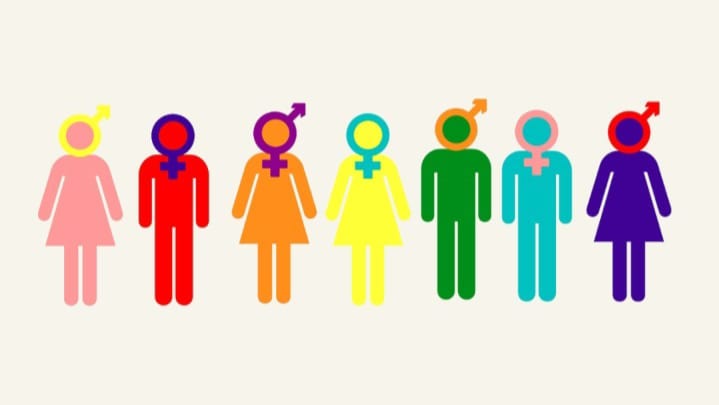
PIL Filed to Recognize Same Sex Marriage
On September 8, 4 individuals* - activists and members of the LGBTQ community - filed a Public Interest Litigation (PIL)** in the Delhi High Court. The objective of the PIL was straightforward - to get the rights of same-sex married couples recognized under the Hindu Marriage Act (1955).
*Abhijit Iyer Mitra, writer and LGBT activist; Gopi Shankar M, intersex activist; Giti Thandani, founder member of Sakhi Collective Journal of contemporary and historical lesbian life in India; G. Oorvasi, transgender activist.
**A PIL is a case filed to represent an issue that pertains to the public at large.
Wait, didn’t Section 377 do that?
No. The landmark Navtej Johar vs. Union of India judgement of 2018 that scrapped section 377 only decriminalised consensual homosexual sex. It did not recognize the marriage between members of the LGBTQ community and their rights as couples.
What do you mean by recognition and rights?
A marriage has to be registered (i.e. recognized) by a court of law in order for the married couple to avail of the rights provided to married couples. These rights or benefits in India include the right of inheritance, the right to open and operate joint bank accounts, nomination of nominees in insurance, the right to jointly acquire properties, right to co-adopt, etc.
The Petitioners’ arguments
The Hindu Marriage Act (1955) doesn’t mention marriage between a man and a woman, only between two Hindus.
There is no provision in Indian law against same-sex marriage.
Not recognizing the marriages of LGBTQ individuals would have adverse psychological effects.
The right to marry is an aspect of the right to life as per the constitution, and treating LGBTQ marriages differently than heterosexual marriages violates the former’s right to equality.
The Centre’s arguments
Solicitor General Tushar Mehta, on September 14, argued that the plea is not permissible since -
India’s key legal provisions related to married couples have been written keeping in mind the roles of heterosexual couples i.e. husband and wife, therefore any relief granted would go against these statutory provisions.
The 2018 judgement only decriminalized homosexual activity therefore is irrelevant to the current case.
This is a legislature issue therefore the judiciary has no power to grant relief since the judiciary cannot legislate i.e. write new laws.
SG Mehta also presented his personal opinion by saying that India’s value system and society do not agree with same sex marriage.
*The Solicitor General is the second highest ranking law officer of the country and represents the government on India in cases pertaining to public interest.
The Delhi HC’s response
To SG Mehta
The bench of the Delhi HC hearing SG Mehta’s arguments commented that while the law might not agree with the PIL, times are changing and therefore the PIL must be considered with an open mind.
To the Petitioners
The bench questioned whether a PIL was necessary since the individuals affected are educated and could approach the court themselves if they are refused registration of their marriage. The petitioners claimed that the people affected feared social stigma and repercussions, therefore a public interest litigation was filed.
Divided Community Opinion
The LGBTQ community is divided. Some are supporting the PIL, but others feel that it is not inclusive, since it only represents Hindu same sex marriage. It fails to represent non-Hindu* transgender, polyamorous members of the community. There are those who feel that this PIL will only serve the upper class homosexuals, while inter-sectional lower class homosexuals will still have to fight against discrimination and harassment.
*The Hindu Marriage Act is only one of the multiple marriage laws in India.
What next?
The Delhi HC has asked the petitioners to present factual evidence of individuals who have been refused registration of their same-sex marriage. It has set October 21st as the date for further hearing.
Writers’ Thoughts
SG Mehta’s comments on same-sex marriage violating our value system are unfounded since sexual and gender fluidity have been recurringly observed in Indian mythology and history. However, his argument that this is a legislature issue more than a judiciary issue does hold water. While judicial intervention towards registering marriages will give solace to couples who wish to legitimize their marriages, whether they can claim the same benefits as heterosexual couples liremains uncertain. The need of the hour is for the Centre to embrace inclusive policy and law making that doesn’t disenfranchise the LGBTQ community.



